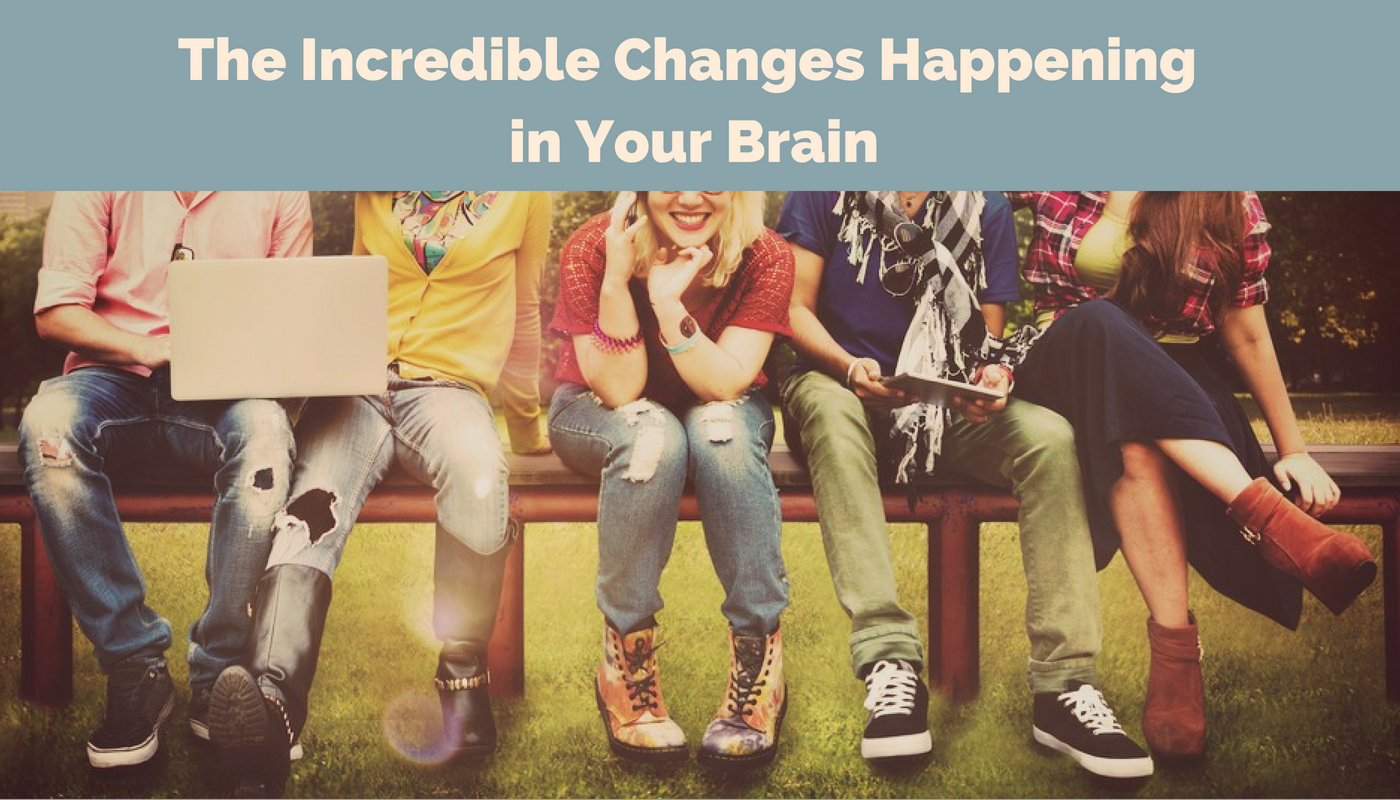During adolescence your brain undergoes a massive renovation to get you ready for adulthood. It’s brilliant. Here’s what you need to know to make the most of those changes and be stronger, braver, and wiser.
Transcript
- During adolescence, your brain undergoes a massive ‘renovation’. This is designed to give you the brainpower you need to learn the skills you need to learn on your way to adulthood, discover the person you want to be and discover your very important place in the world.
- During this time, the brain strengthens and grows is from the back to the front. The first part of your brain to strengthen is the part that drives the instinctive, impulsive behaviours. This means you might be drawn to riskier behaviour, which can also be brave behaviour. One of the reasons for this is to give you the courage to try new things and experiment with your independence.
- The last part of the brain to strengthen and develop is the pre-frontal cortex. This is the part that helps you to consider consequences, exercise self-control, think about whether or not something is a good idea, plan, and calm big feelings. The pre-frontal cortex won’t really be fully developed until you’re in your early 20s. In the meantime, you might find yourself driven towards impulsive, instinctive behaviours, which might risky or brave, but you’re not going to have the full involvement of that part of your brain that says, ‘Hang on, is this really a good idea?
- In adults, that part of the brain tends to kick in automatically. During adolescence, you’ll need to be more deliberate in switching it on. When it’s on, it’s just as strong as it would be in adults.
- There’s so much in you that’s supporting you to make brave, strong decisions, learn what you need to learn, and explore your place in the world. To give yourself what you need to make sure your decisions are brave, healthy, decisions, just take a step back when you can and take a few moments to think about the decision you’re making.
- This doesn’t mean not taking risks. Risky things are brave things – it’s just important that they’re safe and considered. Follow your heart, but you’ve gotta take your head with you.



Hi Thanks so much for these resources to create understanding in teens and their parents so this difficult changing transition time can hopefully be navigated more healthily.
Regards Lisa